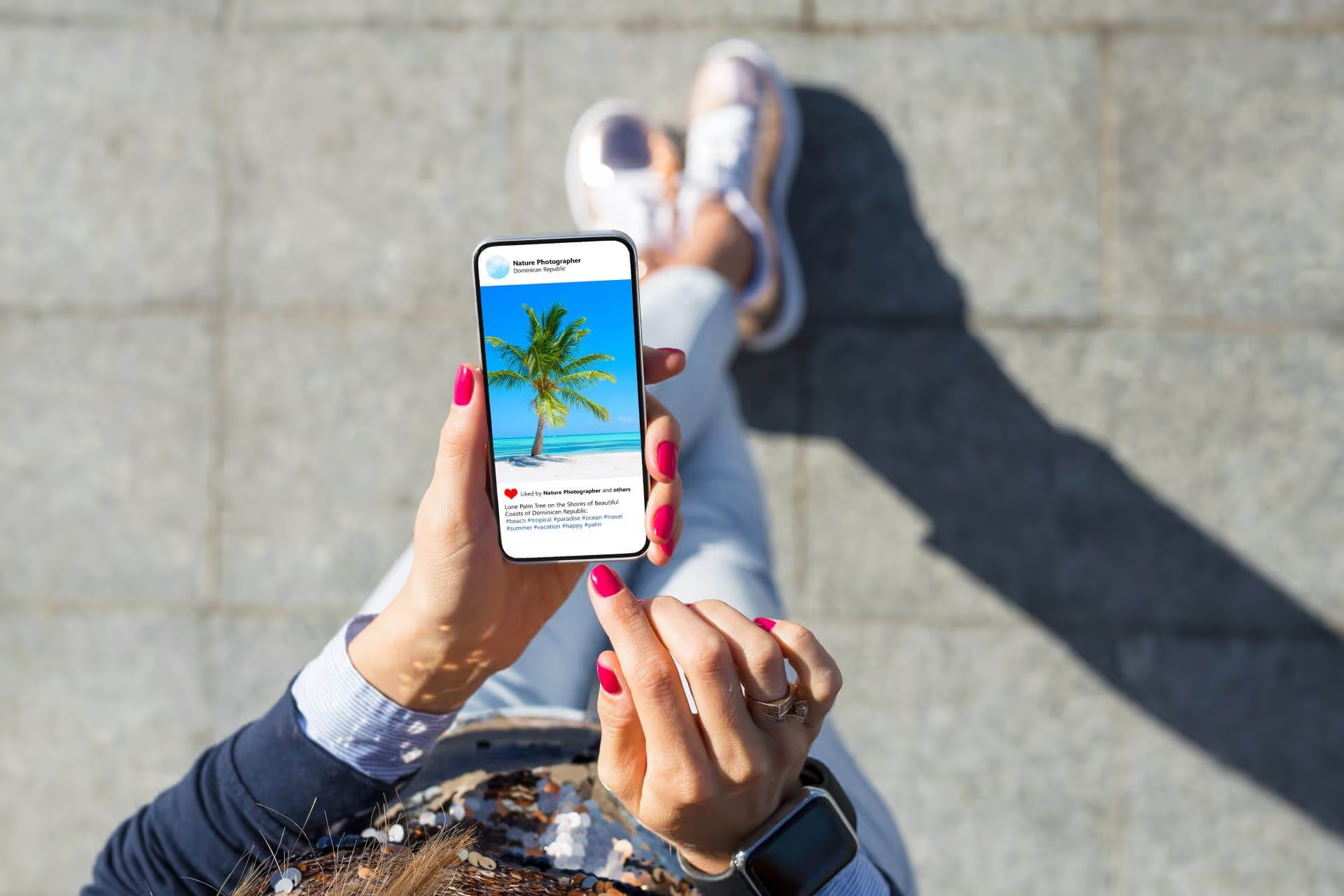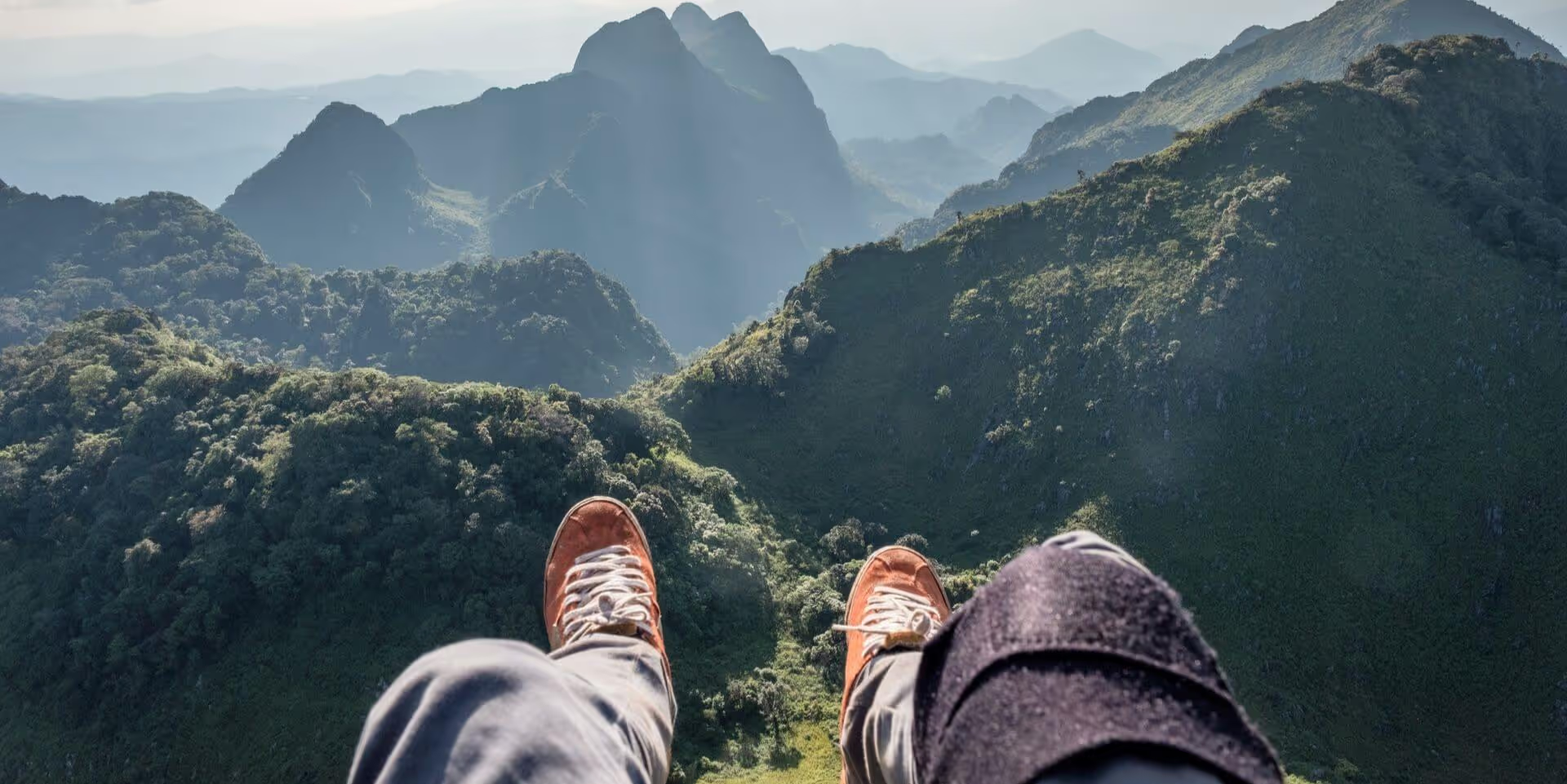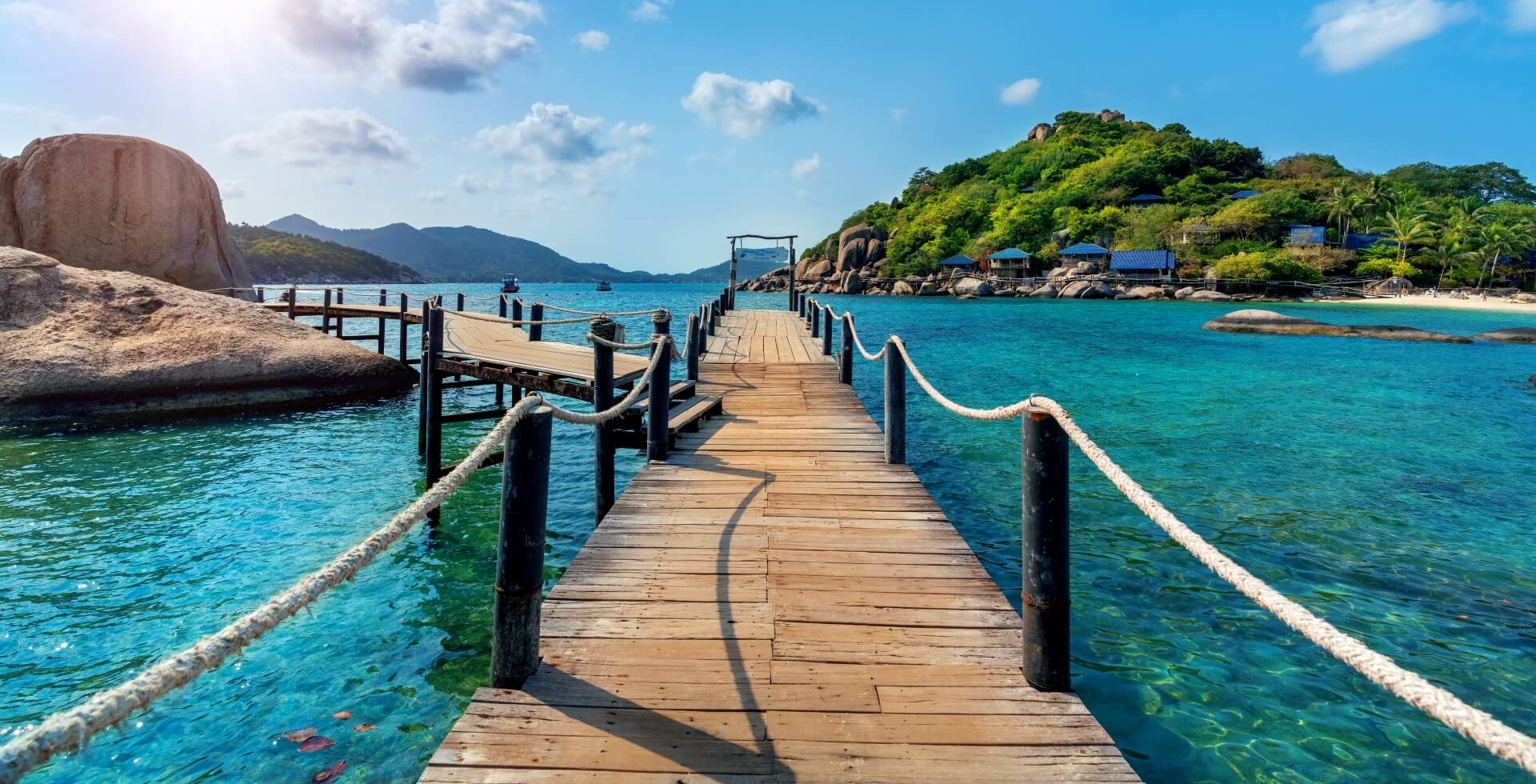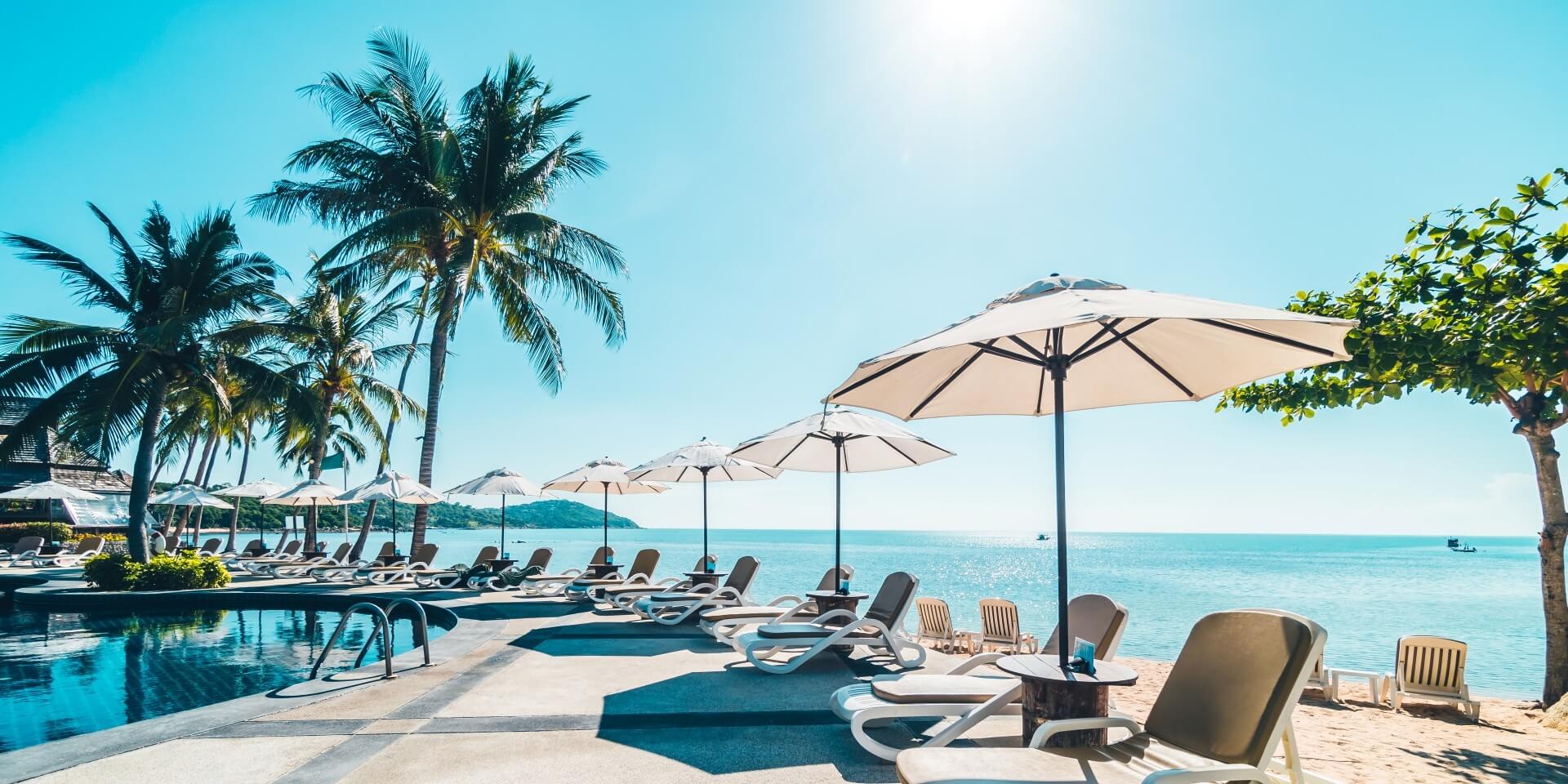Post-pandemic, the travel industry has taken off. As a business in this industry, you need to be able to implement successful travel marketing to take advantage of people’s wanderlust.
This guide will explore the top tourism marketing strategies to implement, ensuring you capture the imagination of potential travellers and achieve sustained growth.
Travel marketing Strategies
Staying ahead of the curve is crucial in the dynamic world of travel marketing. Here are some key trends to watch:
Trend 1: Personalisation
Travellers look for unique and personalised experiences. You should be looking for ways to personalise every facet of your business including how you attract customers (travel marketing), how you interact with potential customers, what you offer them and how you get them to become repeat customers.
Using data analytics to understand customer behaviour and preferences will allow travel marketing to run individualised campaigns. Hyper-targeting through social media ads and email marketing can significantly increase engagement and conversion rates.
In your day-to-day work, consider using customer relationship management (CRM) systems that can help you keep track of individual customer interactions and preferences. This enables you to offer tailored recommendations, special offers and personalised itineraries that enhance customer satisfaction and loyalty.
Trend 2: Sustainability
Consumers are increasingly conscious of their environmental impact and prefer eco-friendly travel options so sustainability has become a key focus on tourism marketing.
Highlighting sustainable practices, such as eco-friendly accommodations and carbon offset programs, can attract environmentally conscious travellers. Promoting responsible tourism and partnering with eco-friendly brands can enhance your brand’s reputation.
Beyond marketing, implementing sustainable business practices can also involve reducing waste, conserving energy and supporting local communities. Showing these efforts on your marketing channels can not only attract eco-conscious travellers but also position your brand as a leader in sustainable tourism.
Trend 3: Tech
Tech in travel is nothing new, but staying on top of the evolving trend is what will keep your business ahead of the pack.
This means using tech both in your marketing as well as how you manage and run your business. For example, virtual reality tours of your destinations can help potential clients know what to expect from their trip. Or, using AI bots in your booking process means you can make yourself available 24/7 to clients, ensuring their queries are always attended to.
Using advanced data analytics and AI can help you predict travel trends, optimise pricing strategies and enhance customer service through predictive maintenance and real-time support. Integrating mobile apps that provide seamless travel experiences, from booking to itinerary management, can further improve customer satisfaction.
Embracing these innovations can set your travel business apart from competitors. By continuously exploring and implementing cutting-edge technologies, your travel business can stay at the forefront of the industry and meet the evolving expectations of tech-savvy travellers.
Top marketing strategies to adopt
To stay competitive, adopting the right travel marketing strategies is crucial. Let's explore some winning strategies:
Understanding your audience
A successful travel marketing strategy starts with a deep understanding of your audience. Conduct thorough market research to identify your target demographic, including their preferences, behaviours and pain points. Who are you trying to reach? What are their travel wants, challenges and budgets?

Developing buyer personas based on research allows you to tailor your messaging and offerings for maximum impact. This ties into one of the key trends in travel marketing: personalisation.
Establish USPs
Your unique selling propositions (USPs) are what set your travel business apart from the competition. Showcase the unique perks of your services. From exclusive travel packages to personalised experiences and top-notch customer service, make your USPs shine to captivate potential travellers.
Video marketing
The power of video cannot be overstated. High-quality videos can showcase destinations, highlight unique experiences and provide travel tips. Videos allow your customers to see the destination, trip or experience in real-life so that they know exactly what it is they are booking.
Platforms like YouTube, Instagram and TikTok are ideal for sharing engaging video content. Incorporating video marketing into your strategy can boost engagement and drive conversions.
Monitor travel trends
Stay informed about the latest travel trends. Regularly monitor industry reports, social media conversations and travel forums to understand emerging trends and preferences.

You can use this knowledge to curate enticing travel packages and tailor your marketing campaigns to capitalise on trending travel interests. Staying on top of the latest trends also sets you up as an expert in the industry, which can improve the perception of how trustworthy your brand is among clients.
Digital marketing strategies
Digital marketing is the most effective travel marketing strategy. You can include the following in your digital marketing strategy:
- Search engine optimisation (SEO)
- Pay-per-click (PPC) advertising
- Social media
- Email campaigns
- Influencer partnerships
Another aspect of your digital marketing should be remarketing. This allows you to re-engage with users who have previously interacted with your website or social media but have not yet converted. By showing them tailored ads, you can remind them of your offerings and encourage them to complete their bookings.
Influencer marketing
Partnering with influencers can supercharge your travel marketing. Team up with influencers who embody your brand values and captivate your target audience. Influencer marketing can create authentic, engaging content that resonates with potential travellers.
Micro-influencers are also a great option as they have highly-engaged communities in targeted, niche sectors. This will allow you to speak directly to audiences who suit your brand.
Long-term partnerships with influences can also help build a more authentic and continuous presence. The longer collaborations allow influencers to become genuine advocates of your brand, as they experience all you have to offer. This can significantly improve credibility and trust among their followers.
Experiential marketing
Experiential marketing works off a “try before you buy” idea. This allows potential travellers to interact with your brand, developing connections and creating a sense of loyalty.
Host travel seminars, workshops, or virtual tours to showcase destinations and create excitement. Consider interactive online quizzes or polls to personalise the experience and gather valuable insights about travel preferences.
Another effective experiential marketing tactic is creating pop-up events in high-traffic areas. These events can feature mini-experiences of your offerings, like local cuisine from a destination or virtual reality experiences of your tours.
Customer testimonials
Customer testimonials are travel marketing gold. Glowing reviews from past clients ignite trust and build rock-solid credibility.
Encourage happy customers to share their experiences on your website, social media, and review platforms. You can then highlight these testimonials in your marketing materials to influence potential travellers’ decision-making processes.

User-generated content can also count as a kind of testimonial. Real-life travel experiences shared by everyday people hold immense power in today's travel marketing landscape. Seeing and hearing satisfied customers share their positive experiences can be more persuasive than written reviews alone. Consider featuring these video testimonials on your website and social media channels to boost credibility and engagement.
Data analytics and performance tracking
Data is your friend! Track your marketing campaign performance using analytics tools. Monitor key metrics like website traffic, conversion rates and social media engagement.
Then analyse the data to identify what's working and what's not. You can adapt your strategies based on insights to continuously improve performance and optimise return on investment (ROI).
Not only does data analysis provide you real-time information, but you can also start to shape the future through predictive analytics.
Using predictive analytics can provide deeper insights into future travel trends and customer behaviour. By anticipating these trends, you can proactively adjust your marketing strategies and stay ahead of the competition.
Investing in advanced analytics tools and expertise can significantly improve your ability to make data-driven decisions.
Augmented reality
Augmented reality (AR) is an emerging technology that can enhance travel marketing. It allows potential clients to virtually experience destinations before they book.
Imagine a virtual hotel tour or an interactive destination guide. AR can create immersive experiences that capture the imagination of prospective customers. Incorporating AR into your travel marketing strategy can differentiate your brand and attract tech-savvy travellers.
Final thoughts
The travel industry is booming once again, and with the right travel marketing strategies in place, your business can flourish.
By understanding and leveraging the latest travel marketing trends, you can create compelling campaigns that resonate with your target audience. Implementing the top travel marketing strategies outlined in this guide will help you stay competitive, build brand loyalty and achieve long-term success.
Remember, the key to effective travel marketing lies in understanding your audience, staying updated on industry trends and continuously optimising your strategies based on data insights. Embrace the opportunities that technology and innovation offer and watch your travel business thrive.
Talk to our travel marketing experts today
At Boost Brands, we can help you implement the most effective travel marketing for your business.




